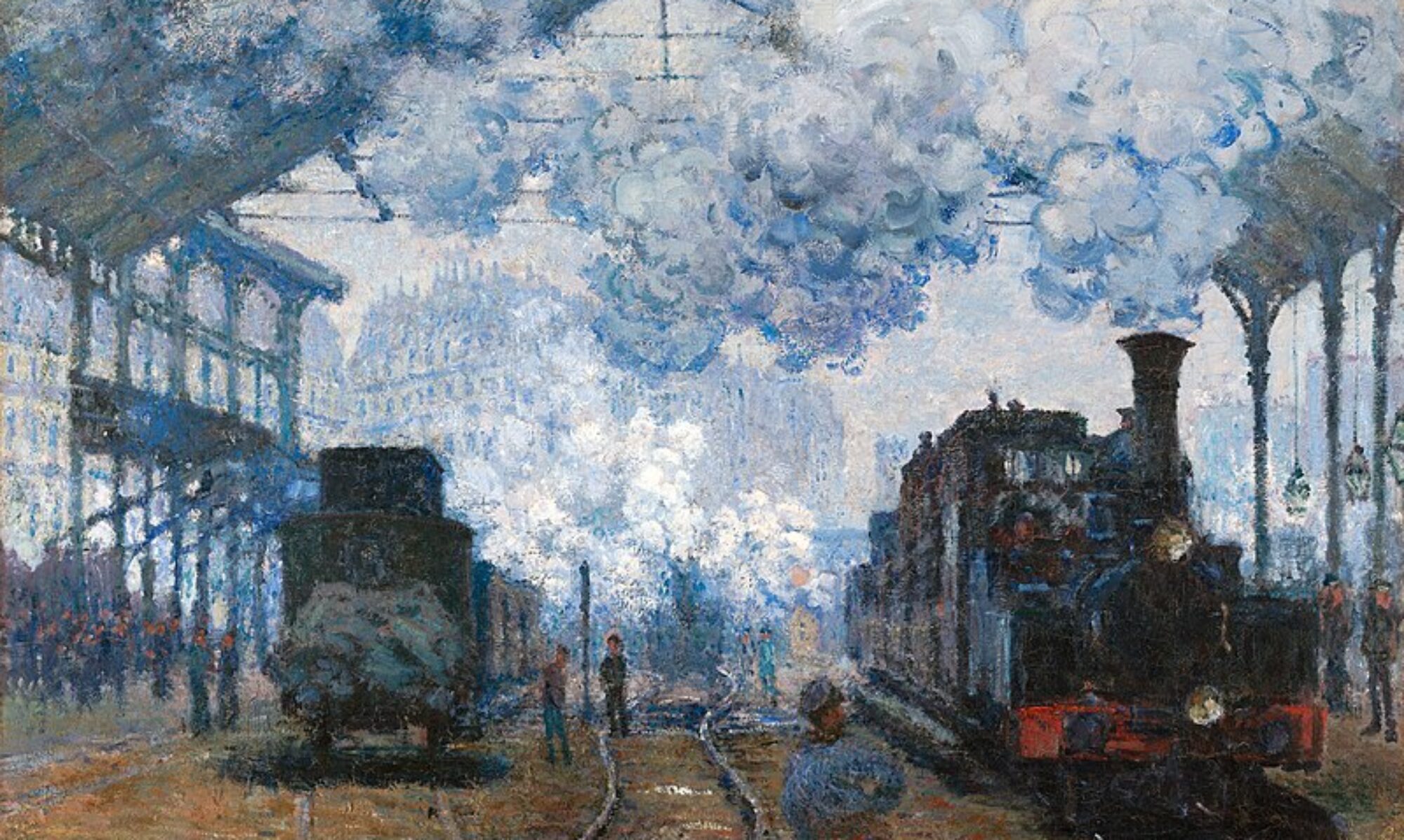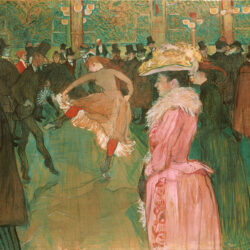In mass politics at the turn of the century the author states “From the standpoint the three bourgeois revolutions- the great Revolution, the German Revolution of March, and the present Russian Revolution– form a continuous chain of development in which the fortunes and the end of the capitalist century are to be seen”(526). Within in this quote there are three large countries that have had revolutions against their upper class however my question is that has the fundamental ideas of why they were revolting ever truly left countries that have had these revolutions? basically have these revolutions truly changed much within these major countries?
superstition 10/27
in chapter two the narrator adds in the addition of how much superstition was apart of their culture “darkness held a vague terror these people, even the bravest among them. Children were warned not to whistle at night for fear of evil spirits. Dangerous animals became even more sinister and uncanny in the dar. A snake was never called by its name at night, because it would hear.” these superstition can seen evolving over time and i wonder if they can be connected to thing like religon and other spirtatul elements? another thing is that these people are not the only ones that fear the dark, however this fear and the creation of superstition has keep human alive a lot longer because of it. what I am asking is if supertition is not all nonsense but like the fear of speaking the word snake in the night was humans complex way of expressing instinct?
humanity intervention
Darwin states that man can methodically select the perfect greyhound by intervening in natural selection. this is that humans can now breed two things that are close enough to each other to create something. this has been around longer than Darwin had said it to be a thing but this is the first time that i can think of where humans intervention in the nature world is being written about. It also seems to me that this is very overlooked when considering humans place in the world. for we are the first species to “play god” in a sense of knowing that we are adopting other animals to our own advantages. this leaves me with a lot of questions. From Darwin’s time have we seen an evolution of the animals we call pets? another aspect that is connected to Darwin’s concept is the fact that animals are now being breed to have attributes that actually hurt them and can cause them to have serve issue in life. an example of this is a pug they struggle to breath solely because humans have breed them to look like that. For me this brings up an ethical question to this ability, when is modifying animals to far? why?
the cycle of propaganda
When theodor Herzl is writing about the newest wave of anti-Semitism in eastern Europe he writes “We are what the Ghetto made us. We have attained pre-eminence in finance, because mediaeval conditions drove us to it. the same process is now being repeated…” in the same paragraph he also says “Educated Jews without means are now rapidly becoming Socialist. Hence we are certain to suffer very severely in the struggle between classes…”(485). The thing that is begin describe for the issues of anti semitism can be see time and time again throughout history. they continually put minorities on the end of the system and once the minorities get any sort of footing it is used against them in some form. my question is why is propaganda reused to fuel the same kind of hate to a people? secondly why, are the people that are reusing said hate unable to see that this is something that has already occured time and time again?
The Regime of Capitalism (9/9)
When reading Friedrich Engels’ The Condition of the Working Class in England the way the people live in those horrid conditions just have rags to wear, brings up the question just why Capitalism can be so brutal to its own people? Something that really jumped out was that on page 92 stating “The bourgeoisie, on the other hand, is far better off under the present arrangement than under the old slave system; it can dismiss its employees at discretion without sacrificing invested capital, and gets its work done much more cheaply” (Engels 92). in this instance it is saying that slavery is less efficient than simply forcing the working class to fight to live with an unlivable wage is beyond insane. under this society of hierarchy there is no ladder to climb only luck of being born not a working class person. i wonder how a leader could merely allow such poor condition to continue under their regine and what moral backing he must have in order to justify this actions?
conservatism and romanticism blog post 9/3
After reading “The Sandman” by E. T. A. Hoffmann I wanted to investigate what parts of this story connect to the romanticism for the time period. This story was published in 1817 a time long before entertainment that we consume today. This makes me wonder what is so intriguing still about this short story that we still discuss it even today. I lean towards the feeling that you get when you read a gruesome story like this it was a way of escapism for people at the time. It describes a very catastrophic story that draws on a fairly tale that many people grew up hearing and connects itself to a somewhat more realist scenario. For this reason the short story makes me ponder what the most important aspect of these romanticized stories that draws the reader in so much?

